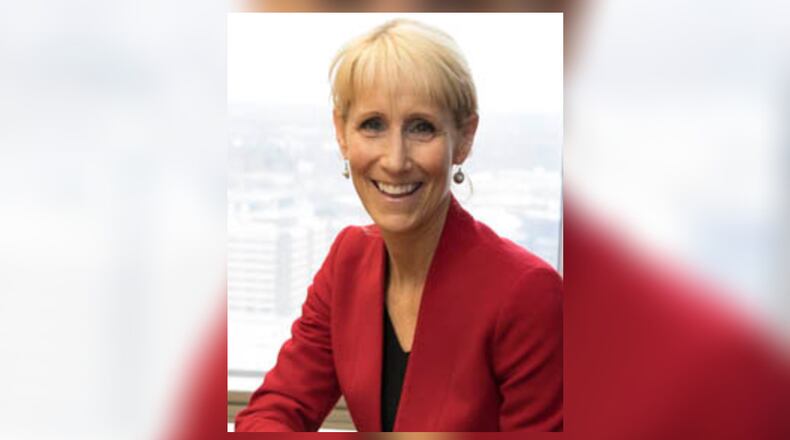The state’s top ranking official who oversees the department that serves Georgians with disabilities and mental illness is stepping down.
Judy Fitzgerald, commissioner of the Georgia Department of Behavioral Health and Developmental Disabilities, wrote in a letter to staff on Wednesday that she is retiring from state service. Her retirement will be effective at the end of the year.
“It has been an incredible honor to serve our great state in such a meaningful way, and at the pleasure of two governors who demonstrated an incredible commitment to making life better for Georgians living with mental illness, substance abuse disorder and intellectual and developmental disabilities,” she wrote.
Fitzgerald has served as the commissioner since 2016, and has been with the department since 2012. The department, often referred to as DBHDD, operates state hospitals and provides community-based services, serving people with mental illness, substance use disorders, or intellectual and developmental disabilities. DBHDD functions as the state’s safety net and is primarily responsible for serving residents who are uninsured, as well as those who are on Medicaid.
In her letter, Fitzgerald said that she has witnessed an “extraordinary transformation” over the last decade: there is far less stigma around seeking mental health care and state leaders want to empower Georgians who have mental illness or disabilities to lead “fulfilling lives.” Just over ten years ago, the state was reliant on institutional facilities to serve vulnerable Georgians. Since that time, she said that the state has invested in a community-based system of crisis services, and overhauled hospital care.
“Georgia has demonstrated an ability to step boldly into system gaps,” she said. “Our decade of transformation has been nothing short of remarkable.”
Gwen Skinner, who serves on the Behavioral Health Reform and Innovation Commission, has worked with Fitzgerald for about twenty years. Skinner said she was impressed by Fitzgerald’s work to overhaul the hospital systems, serve more people with developmental disabilities, and expand school based mental health programs, particularly in rural areas.
“People want to see dramatic changes and very rapid fire changes to the behavioral health system, but you have to be very thoughtful when you sit in that chair,” Skinner said.
Indeed, there are still areas for improvement. A court-appointed reviewer found that state officials have failed to meet numerous requirements related to caring for people with mental illness and intellectual disabilities. And more than 7,000 people with disabilities are waiting for services.
Fitzgerald is a trained social worker, and prior to joining DBHDD she worked in several health and human service roles. She was the Vice President of Strategy for View Point Health, one of Georgia’s twenty-five community service boards, and has been a consultant on child and adolescent services in several states.
Fitzgerald also served as the Executive Director for the Mental Health Association of Georgia, and started her career in the Mental Health Program of The Carter Center.
Over the next several weeks, Fitzgerald said she will work with Gov. Brian Kemp to ensure a smooth transition, before she starts considering her next professional move.
About the Author
The Latest
Featured

